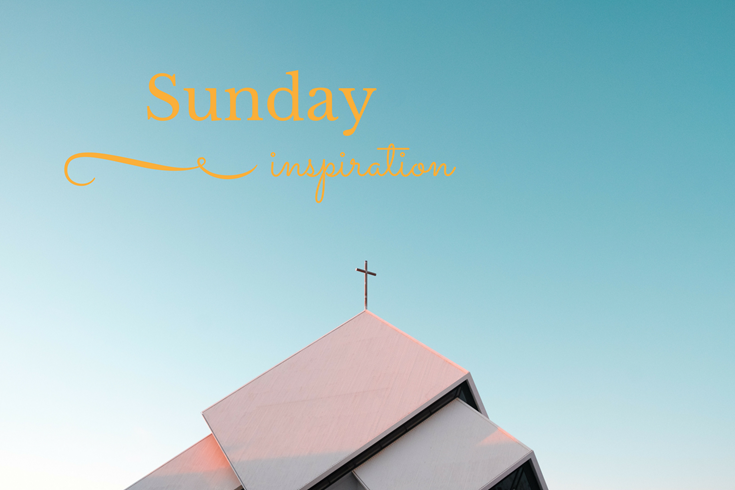Welcome to “Sunday Inspiration,” a bi-weekly devotional for those seeking spiritual encouragement in the pursuit of their passions. I hope these posts will inspire and motivate you in your life and career in addition to our weekly blog posts. Enjoy!
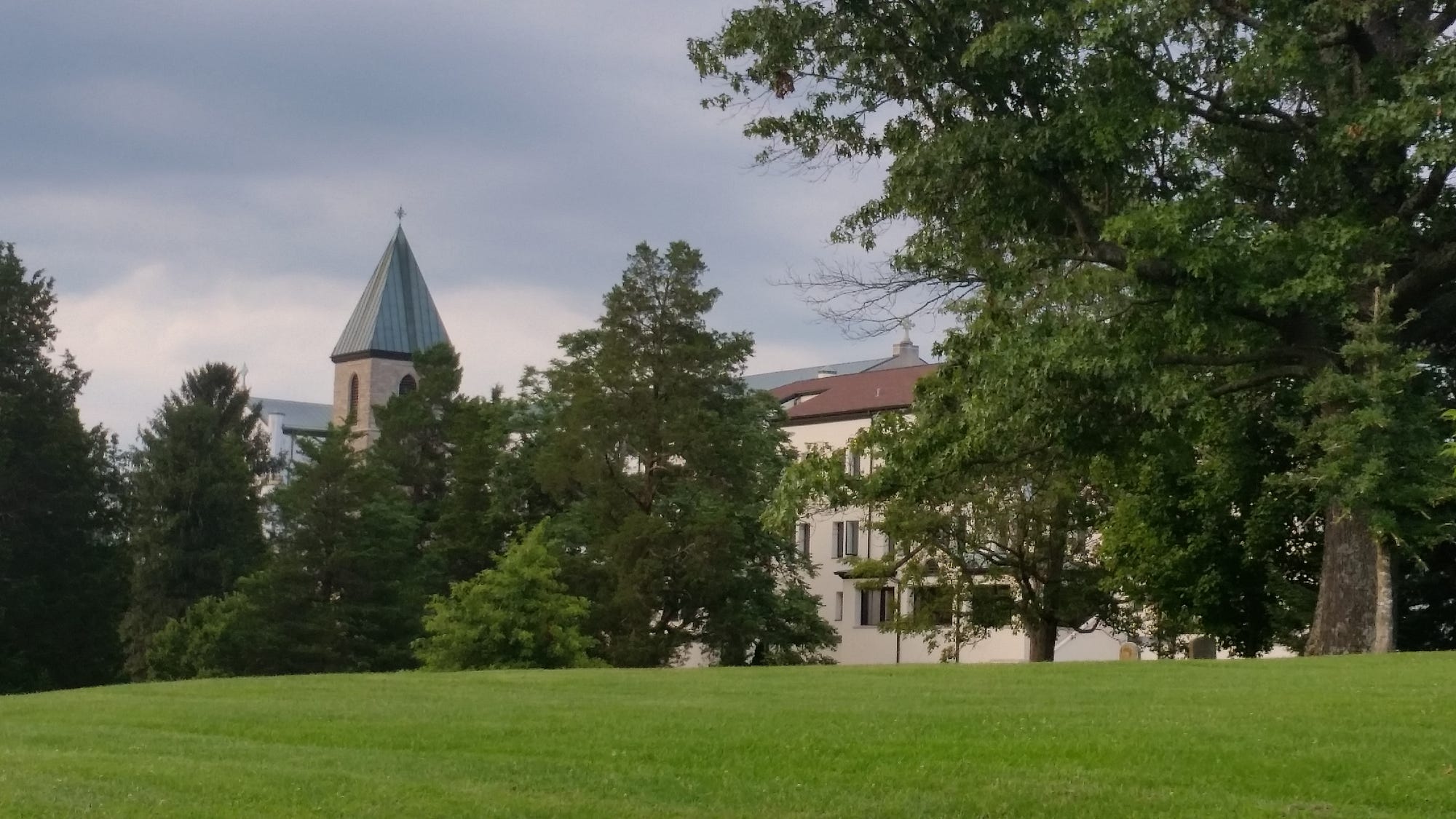
As I see the bell tower appear over the blue grass on the rolling hills of rural Kentucky, I’m giddy because I know it’s only seconds until I’ve fully escaped the din of emails, push notifications, telemarketer calls, and pointless TV shows.
I’m entering into a weekend of complete silence.
No talking, no TV, no computer, and very little cell phone.
It’s one of my favorite things to do, and the Abbey of Gethsemani in Nelson County, Kentucky is one of my favorite places to just “be.”
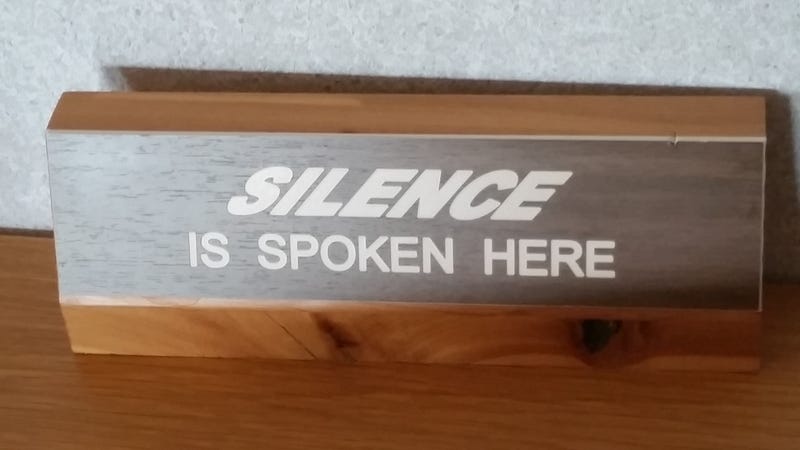
The Trappist Life
The monastery sits on 2,000 acres of gorgeous farmland and is home to Trappist Monks.
It’s the oldest monastery in the United States (est. 1848) and is part of the Order of Cistercians of the Strict Observance which can trace its origins back to the year 1098.
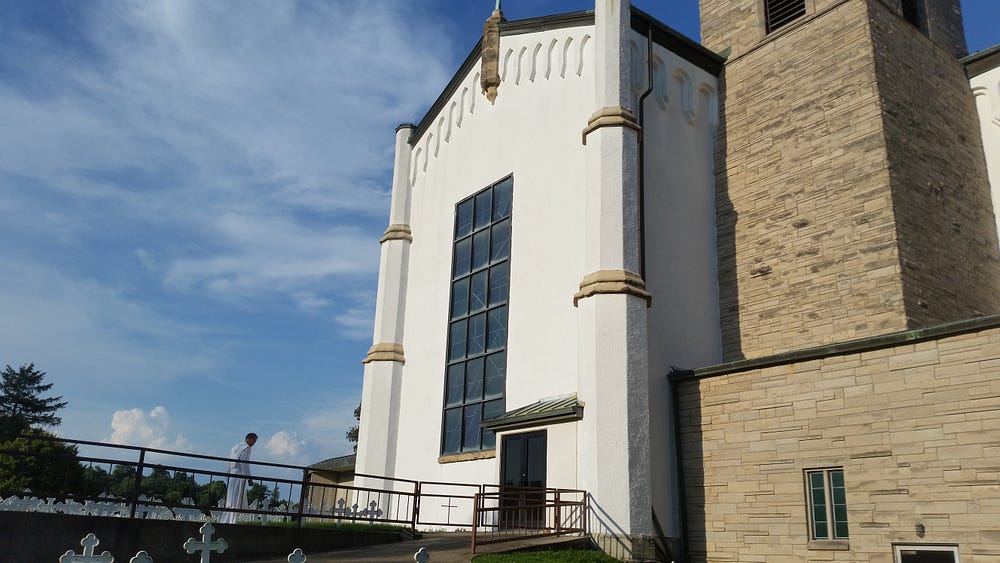
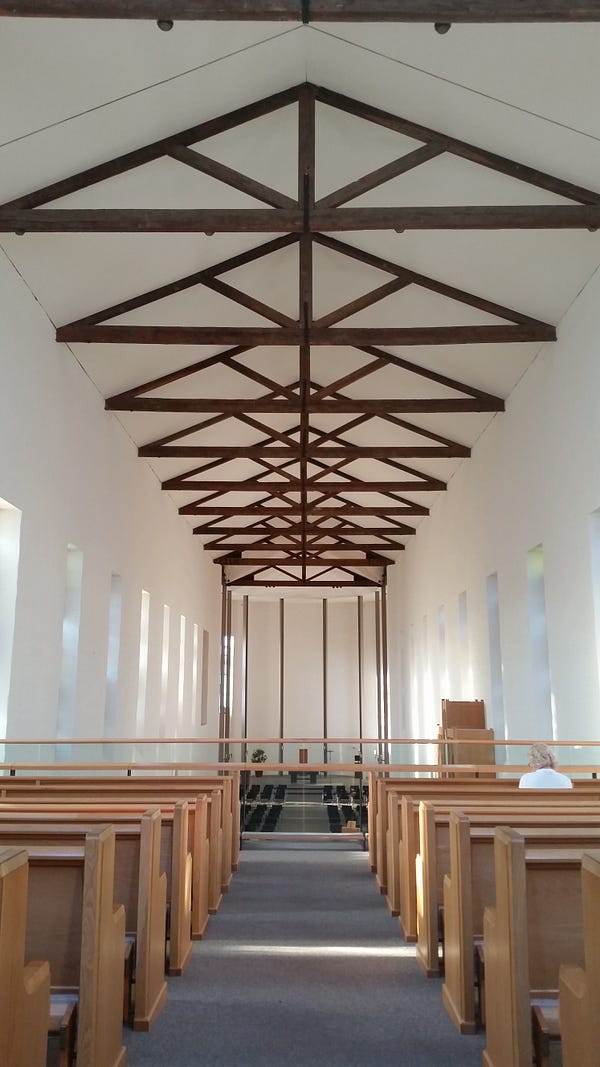
Trappist monks pray seven times a day (including a 3:15am prayer service), every day, and have been keeping the same prayer schedule for centuries.
They pray for many things, including each individual in this world.
So, if you’re ever wondering if someone’s praying for you, the answer is, yes, there is.
The monks of Gethsemani are self-sustaining through the labor of their hands.
They make various food products including cheese, fruitcake, and Kentucky bourbon fudge (oh the fudge!).
Other Trappist monasteries around the world are self-sustaining too, each making different products and selling each others’ products at their guest centers and via mail order.
Embracing the silence
Once a year I go to the monastery for one of their silent retreats to unplug, get quiet, and really listen to what God wants to say to me.
It’s a place of beautiful gardens for solitude and quiet reflection.
The only sounds are of singing birds, bellowing cows from a nearby farm, and chimes from the bell tower announcing the monks’ next prayer session.
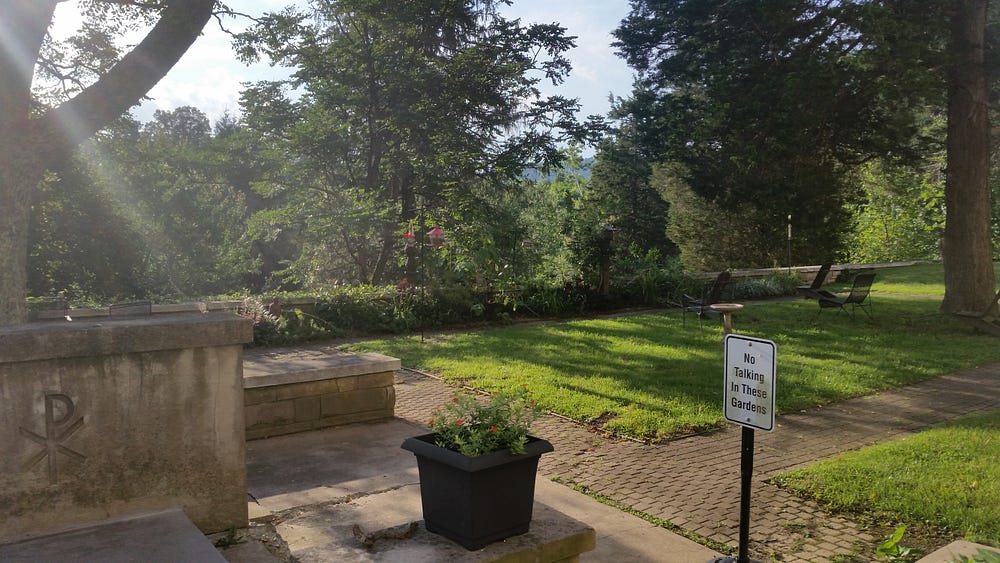
I’m free to do as much or as little as I want during my retreat.
I can take a walk in the gardens.
Go for a hike on the hiking trails.
Read a book in the library.
Or just take a nap if I want to.
Through the freedom from not having to follow a set schedule, I’m able to hear from God and gain perspective on what matters most in life.
I love it and feel so at peace.
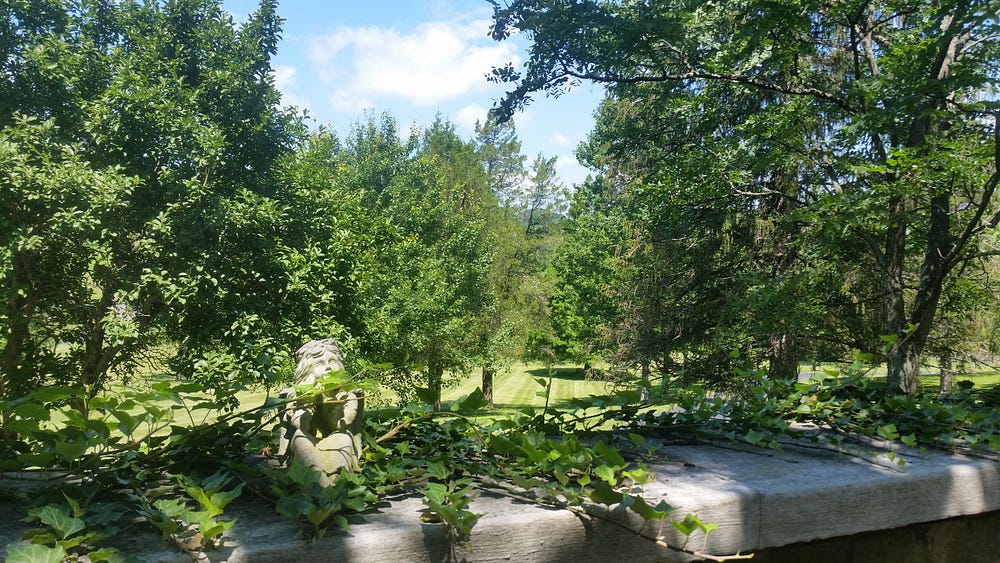
Discomfort with silence
But not everyone is comfortable with silence.
I see this all the time when preparing clients for job interviews.
They often feel like they have to start giving their answer immediately after an interview question is asked, without taking the time to really listen to the way the question is being asked or thinking about how they should answer it.
All because they’re uncomfortable with silence.
My theory for the discomfort is silence is such a foreign thing to most people in this modern world.
Father Carlos, the monastery’s retreatant chaplain, has a different theory that makes a whole lot of sense to me.
He tells the story of one young man who came to the monastery’s guest house for a silent retreat.
After two hours, the young man decided to leave because he couldn’t handle the silence.
Father Carlos told him,
“Most people who are loud, talk a lot, or surround themselves with a lot of noise usually do so because they’re afraid of what they’ll learn about themselves if they get quiet before God.”
I know a few people this theory accurately applies to.
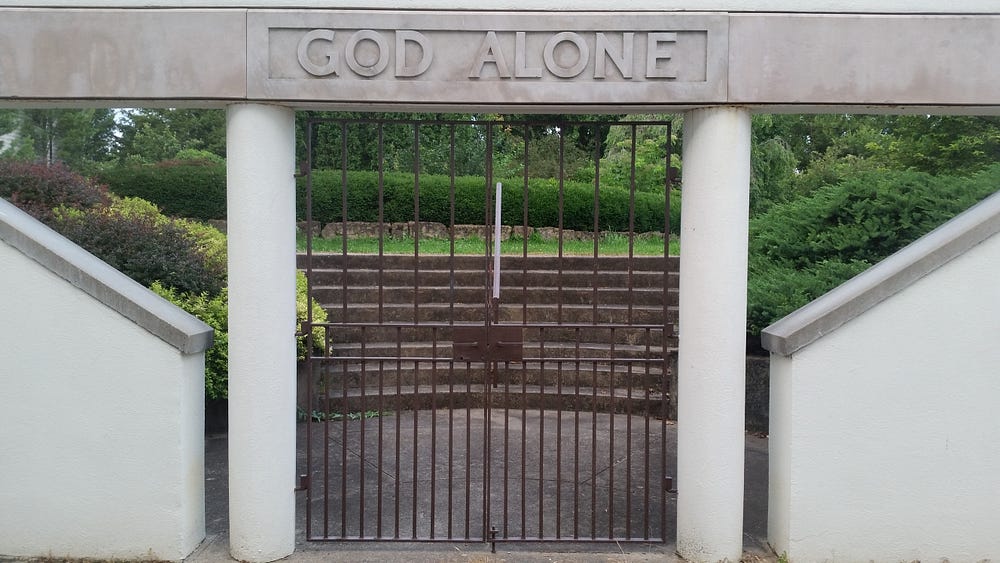
How silence can make us more valuable to the world
“King David understood the importance of getting alone, and so did Jesus. If a man considers his time to be so valuable that he cannot find time to keep quiet and to be alone, that man will eventually be of no value to anyone. To spend all of one’s time with people is soon to have nothing to give any of them of any value.” ~Dr. David Jeremiah
It doesn’t matter what your faith is.
I’m not Catholic yet I visit this Catholic monastery once a year.
Silence and solitude is important as noted in the quote above. It makes you more valuable and productive in your calling and your place on earth.
Even if you can’t get away for an entire weekend, try to at least find 20 to 30 minutes a day to just turn everything off and not say a word to anyone.
If you develop this habit each morning before starting your day, and each night before ending your day, you’ll see a dramatic change in your perspective on the important things in life.
And others will notice a dramatic change in you as well.
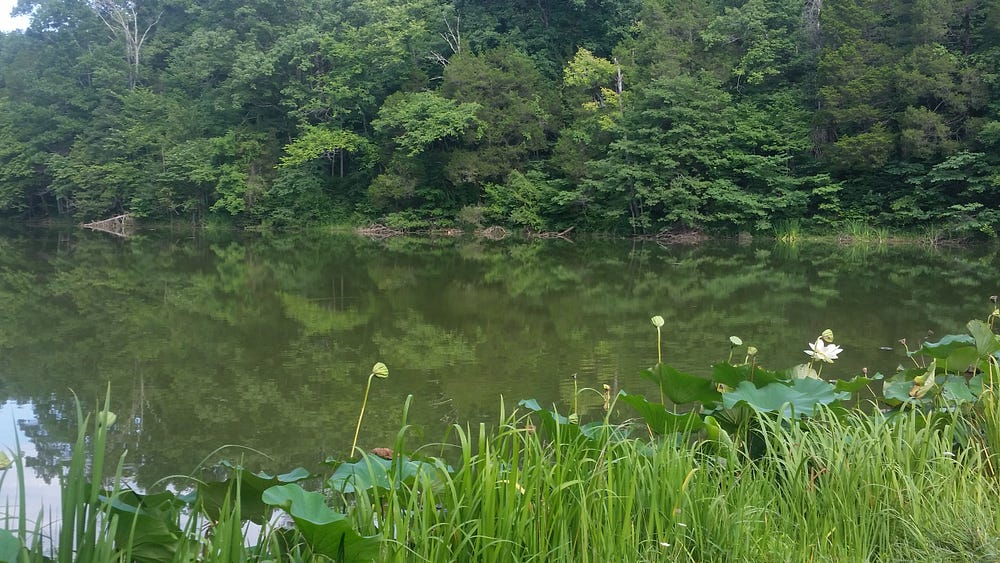
Need proof?
During this particular stay, I was asked upon check-in if I had a room preference.
Since I wasn’t picky, the lady behind the desk said she was going to give me room #308 because it’s her favorite room.
She didn’t say why though, but later that evening, I found out.
After arriving I went to eat in the dining room (which is also an area of silence), attended one of the prayer services, and then went for a walk on the grounds.
Afterward I went back to my room and pulled out some of my books I brought with me to decide what I wanted to read first.
But while sitting at the small desk in room #308, something told me to open the desk drawer.
I had never done this in any of the previous rooms I’d stayed in, but suddenly I was overtaken by curiosity of what might be in the drawer.
That’s when I found a red pocket-folder.
On the front someone had scrawled in black ink the words,
“Please open and read!”
So I did…and here’s what I discovered…
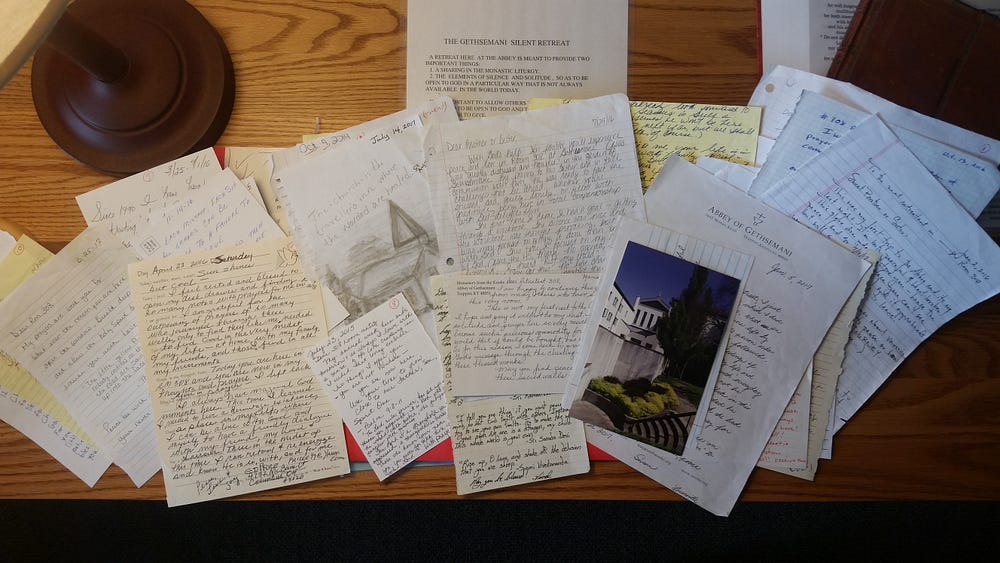
…letter upon letter from previous occupants of the room addressed to future occupants.
All in different handwriting (a soon-to-be lost art form).
There were even some pencil drawings by very gifted and talented artists.
Many letters were written by people who’ve been coming to the monastery every year for the last 25+ years.
I read each and every letter during my weekend retreat.
While each author had a different perspective, they all conveyed a similar theme: how beneficial the silence has been for the direction of their own lives and how it’s helped them be a better person to others.
The previous retreatants shared how clearly they heard from God during their time of silence.
“It isn’t that God has stopped speaking, but rather that we have stopped listening. If we can drag ourselves away from the crazy, noisy, busy world and step into the classroom of silence, God will speak to us in this place and this time.” Matthew Kelly (author of The Biggest Lie in the History of Christianity)
The letters encouraged all future retreatants to make the most of the silence without an agenda, and instead let God guide their steps during their stay. It truly is the best approach to hear from Him.
I also left a letter of my own to the future occupants of room #308.
The silence becomes addictive.
Every year, when it’s time for me to leave the monastery, I don’t want to go.
I find I’ve become addicted to the silence and don’t want to lose it.
I usually drive the entire two and a half hours home without the radio on, just so I can savor a little bit more silence before I have to return to the noise of the real world.
It really is difficult to find periods of silence in our modern world, and I say that as someone who lives alone!
I can’t imagine how difficult it must be for someone who lives in a large family or household.
This is why each and every one of us needs to be intentional about carving out a little bit of time each day for silence.
It will make us better, not just for ourselves, but for our loved ones and those we serve in our work.
It will make us more valuable to the world in which we live.
Retreat Reservation Info
If you’re interested in taking a silent retreat at the Abbey of Gethsemani, you can visit www.monks.org to make a reservation. There is no cost for meals or accommodations. Just an offering in any amount you feel led to give.
Keep in mind, because of the experience people have at the Abbey, reservations fill up quickly. When someone has been once, they typically return every year (I have friends who’ve gone every year for the past 35 years), making it a high-demand experience.
You must book at least four months in advance, and no one person can stay more than once in the same calendar year. This is so everyone can have the opportunity to visit.
Be patient with their reservation system since it’s currently being ran by one person taking reservations by hand.
If you can’t attend for an entire week or weekend, you can make a day-visit which does not require a reservation.
If you do stay for an overnight retreat, check the desk drawer in your room. You may also find letters of encouragement from past retreatants. Use the silence to read them and learn from them.
